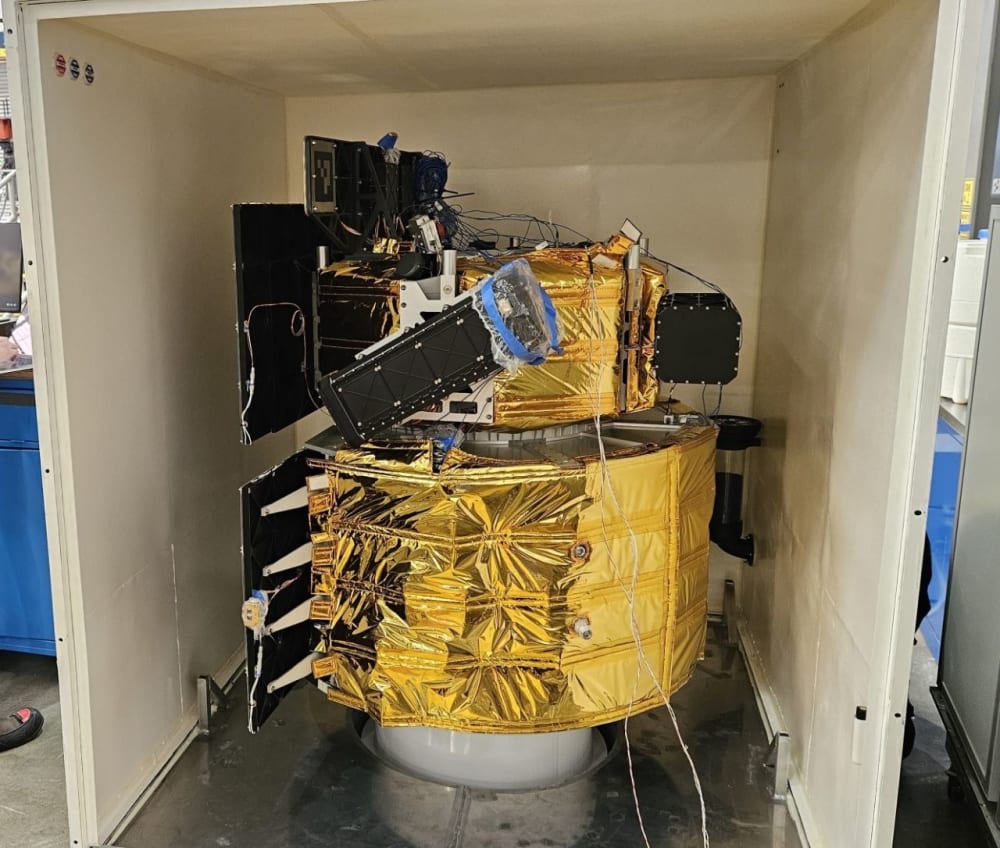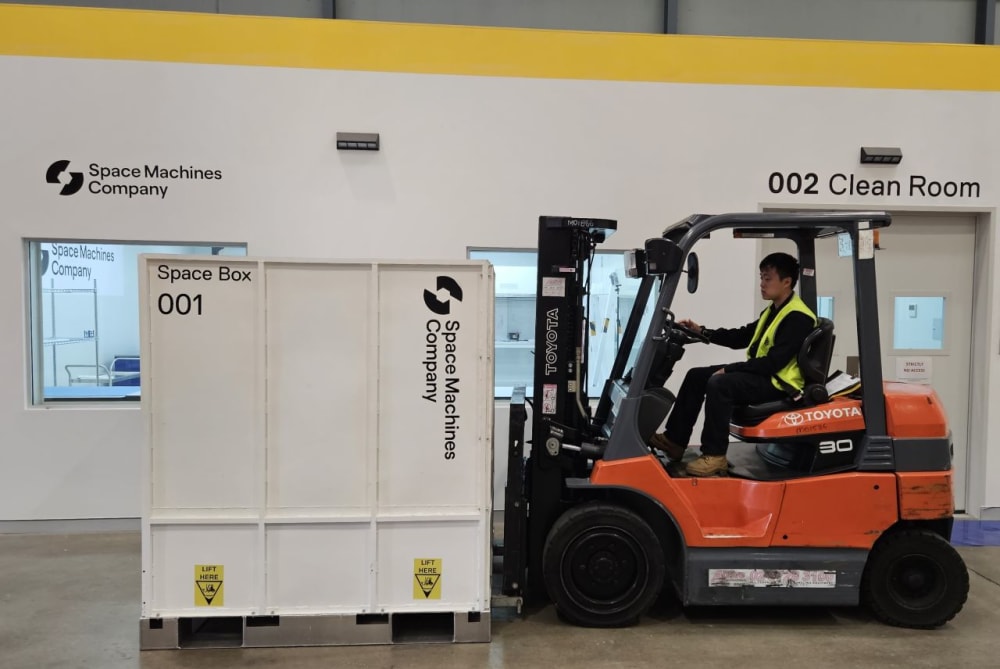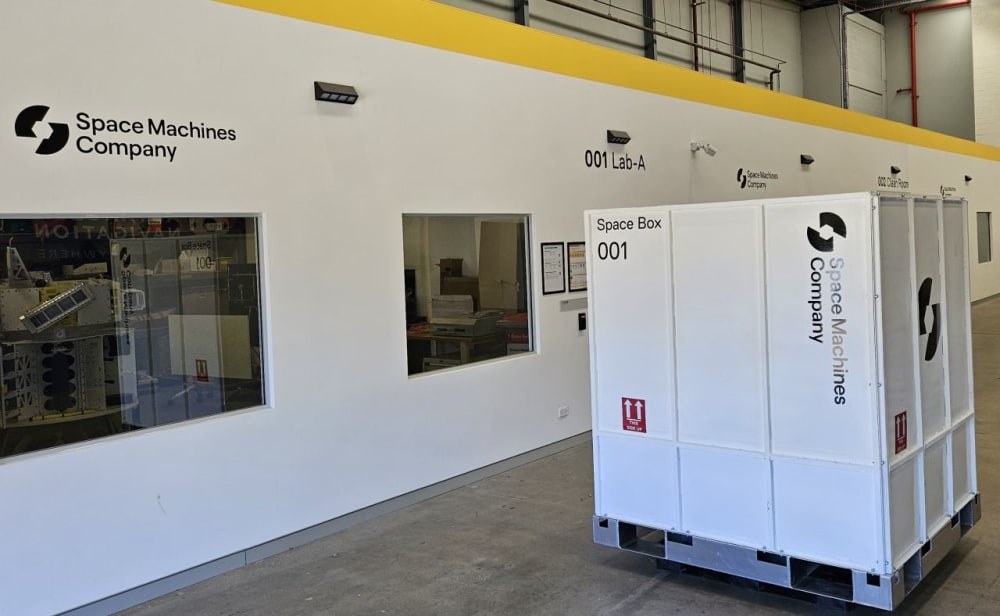
Description and Operation
Petritek's Controlled Environment Transport Containers (CETCs) are advanced shipping solutions designed to maintain precise environmental conditions, ensuring the safe transportation of sensitive materials. These containers use cutting-edge technology to regulate temperature, humidity, and atmospheric composition, serving industries such as pharmaceuticals, biotechnology, and high-value electronics.
Innovation
The CETCs represent a significant leap in transport technology. Unlike conventional containers, which offer limited environmental control, Petritek’s containers employ a sophisticated climate control system integrating sensors and automation. These sensors continuously monitor internal conditions, making real-time adjustments to maintain optimal settings. This precision is achieved through active cooling/heating systems, desiccants for humidity control, and gas filtration units to manage atmospheric composition.
A novel feature of the CETCs is the use of phase change materials (PCMs) for thermal regulation. PCMs absorb and release heat at specific temperatures, providing passive temperature control that reduces energy demand on active systems. Additionally, the containers are equipped with a smart interface for remote monitoring and control via a dedicated mobile app, giving users real-time updates and alerts on the status of their cargo.
Feasibility and Manufacturability
The design and production of CETCs leverage existing manufacturing technologies and materials, ensuring these containers can be produced cost-effectively at scale. The integration of PCMs and modular climate control units simplifies the manufacturing process, as these components are readily available and can be incorporated into the container design without significant alterations to existing production lines.
Petritek has conducted extensive feasibility studies and pilot tests, demonstrating the efficacy of CETCs in maintaining controlled environments over extended periods and during long-distance transportation. These tests have shown that CETCs can maintain temperature variations within ±1°C and humidity levels within ±5% RH, far surpassing industry standards.
Marketability
The CETCs have broad applications across multiple industries, making them highly marketable. In the pharmaceutical and biotechnology sectors, these containers are crucial for transporting temperature-sensitive drugs, vaccines, and biological samples, where even slight deviations in environmental conditions can lead to product spoilage. The global market for temperature-sensitive pharmaceuticals alone is projected to reach $93.9 billion by 2026, highlighting the significant demand for reliable transport solutions.
In the electronics industry, CETCs provide a controlled environment to prevent damage from moisture and temperature fluctuations, which is essential for high-value components and finished products. Additionally, the rise in global supply chains further amplifies the need for advanced transport solutions that ensure product integrity from manufacturer to end-user.
Petritek’s CETCs address these market needs by offering unparalleled environmental control, reliability, and ease of use. The containers' ability to be remotely monitored and managed adds an extra layer of security and convenience, making them an attractive option for companies looking to safeguard their sensitive shipments.
Conclusion
Petritek's Controlled Environment Transport Containers are a groundbreaking innovation in logistics and transport. Their design, combining active and passive climate control technologies, ensures precise environmental regulation, making them an important advancement over existing solutions. With proven feasibility and market demand across various high-value industries, CETCs are well-positioned to revolutionize the way sensitive materials are transported globally.
-
Awards
-
 2024 Top 100 Entries
2024 Top 100 Entries
Like this entry?
-
About the Entrant
- Name:Ben Fowler
- Type of entry:teamTeam members:
- Ashley Barker
- Charlie Casas
- Patent status:patent









